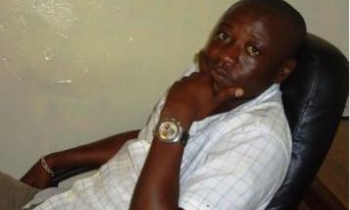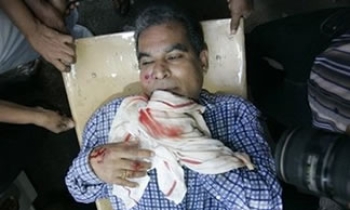Ethiopia's High Court has imposed heavy prison sentences on four journalists jailed in connection with their coverage of deadly post-election unrest in 2005, after the journalists waived their defence and pleaded guilty in anticipation of a pardon, according to the Comittee to Protect Journalists (CPJ). All of them worked for now-defunct Amharic-language weeklies.
Editors Dawit Kebede of Hadar and Wosonseged Gebrekidan of Addis Zena were sentenced July 30 last to four years in prison each on charges of "inciting and conspiring to commit outrages to the constitutional order," their former lawyer, Weneawake Ayele, told CPJ.

The ruling followed the previous Friday's convictions of editor Goshu Moges of Lisane Hezeb and freelance columnist Tadios Tantu, jailed in February 2006 on similar charges, after accusations of "belonging to an illegal political organization," according to Ayele. Moges, who had issued public statements critical of the government crackdown on the press and government opponents, was sentenced to 10 years and Tantu to 15 years.
"We condemn the harsh criminal penalties falsely linking the activities of four more members of Ethiopia's beleaguered press corps to deadly violence in 2005," said CPJ Executive Director Joel Simon. "We call on the government to drop all prosecutions of journalists in connection with their coverage of the 2005 unrest, in line with its assertion that it is not seeking revenge."
All four journalists were expected to regain their freedom in the coming days on conditional pardon, joining four others pardoned last month, local journalists told CPJ. At least six journalists remain in Ethiopian prisons, making the country the second leading jailer of journalists in Africa after neighboring Eritrea, according to CPJ research.
“The president’s earlier pardoning of four journalists (on July 20) raised hopes that the disproportionate punishment of journalists was ending. It is disgraceful that the newly-sentenced journalists have to depend on the government’s whim for their release when in fact their right to freedom of expression should be fully recognised,” Reporters sans Frontières (RSF) said.









